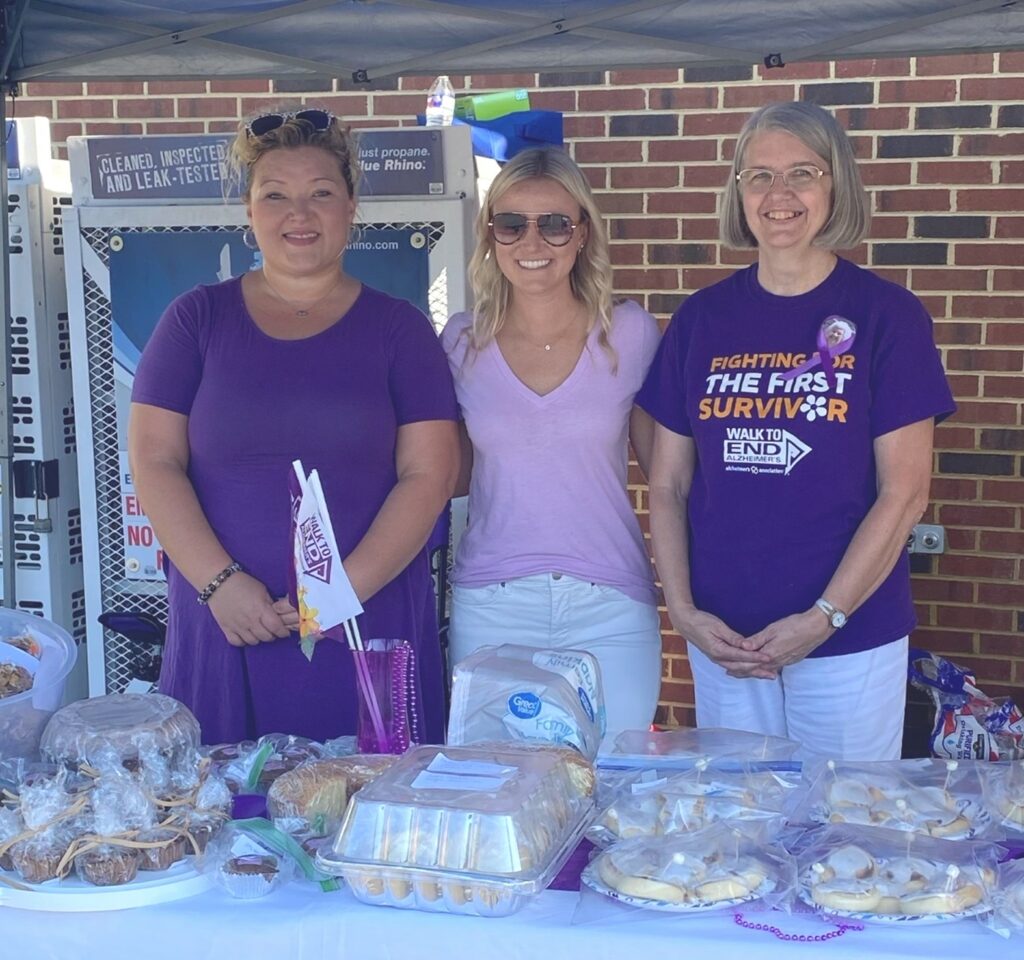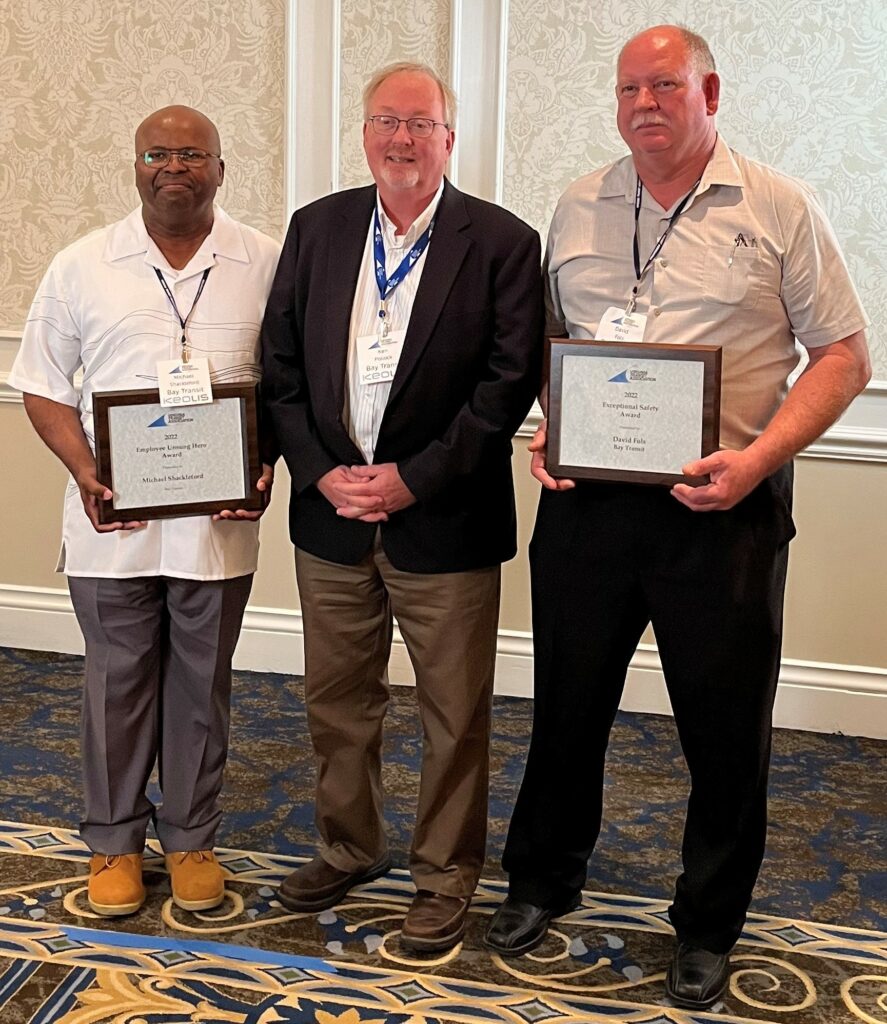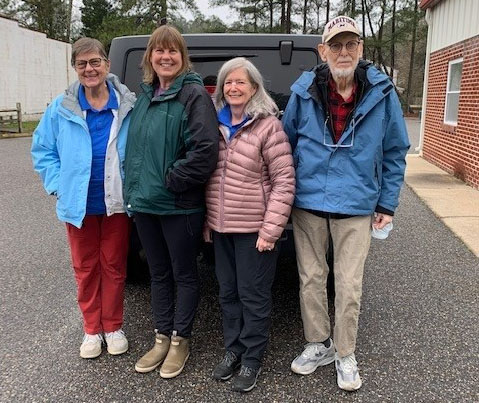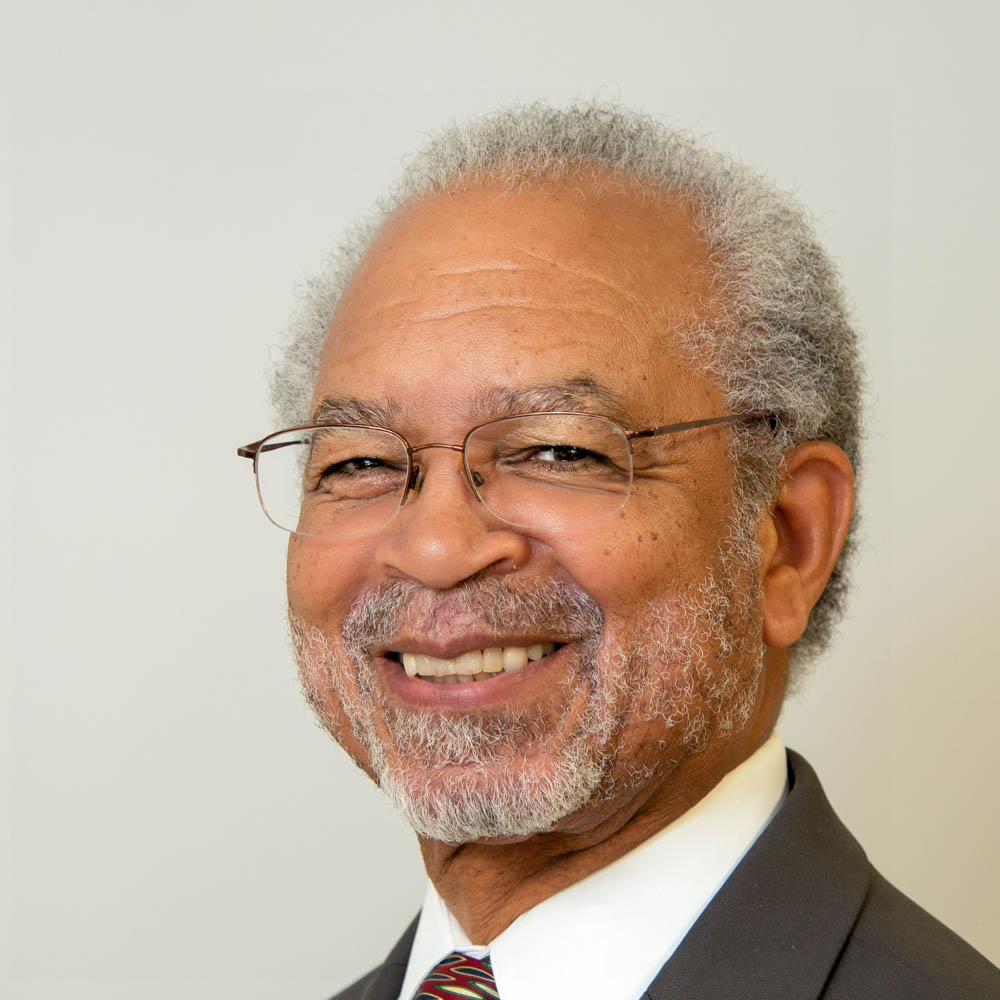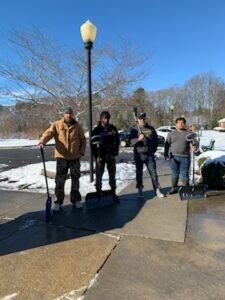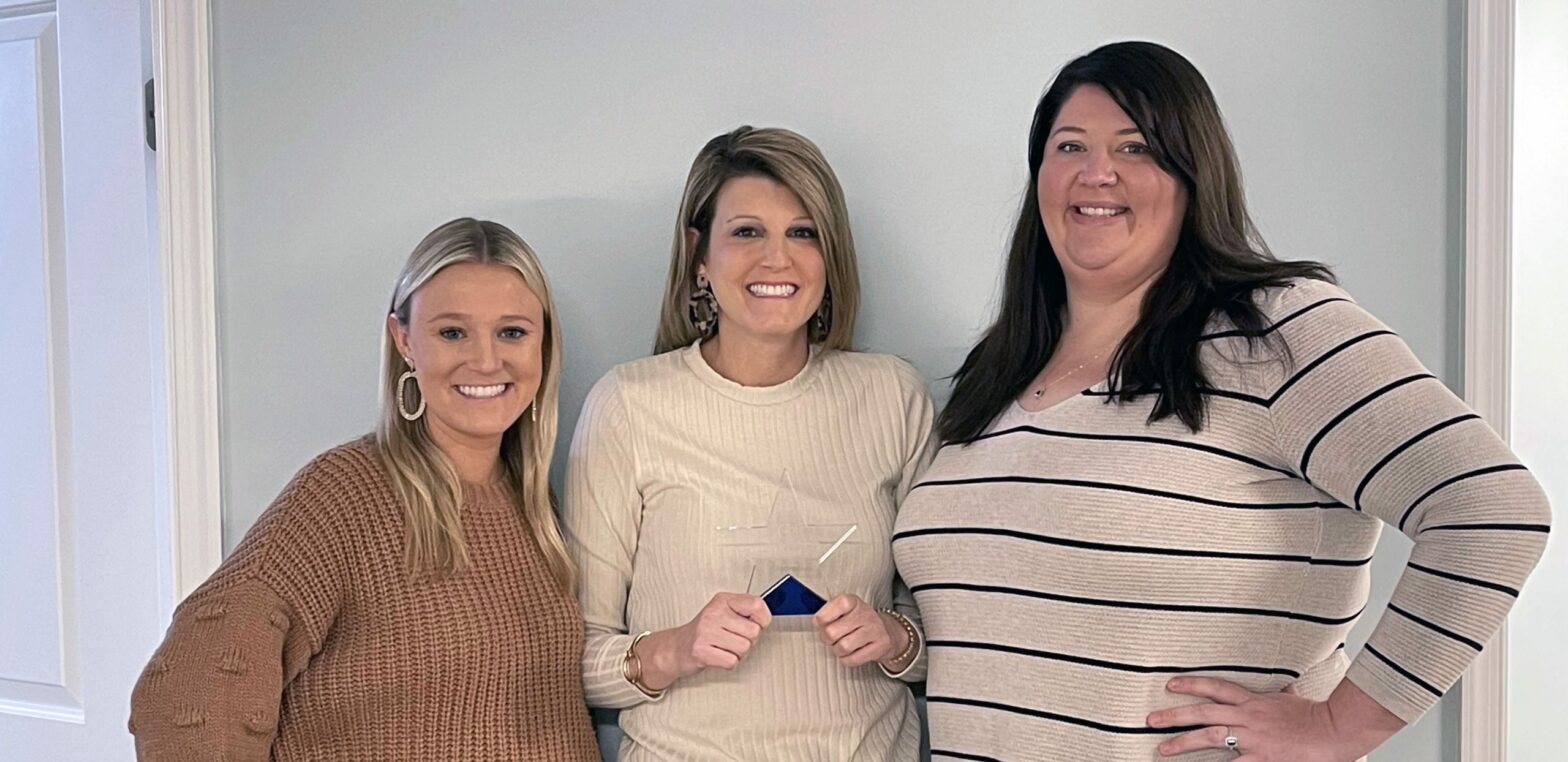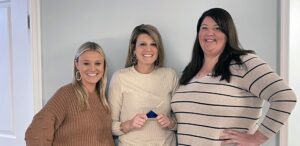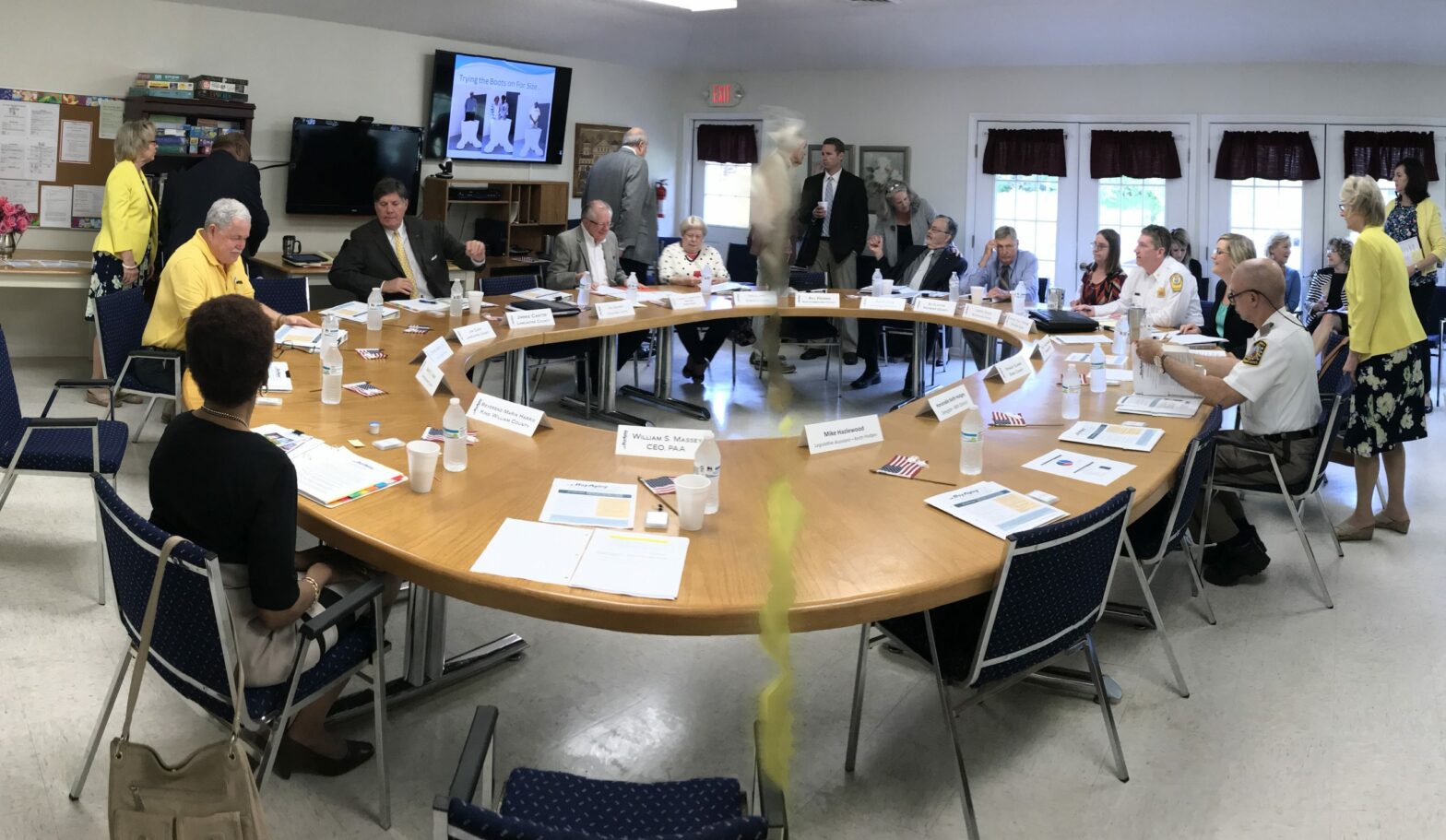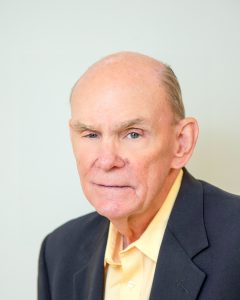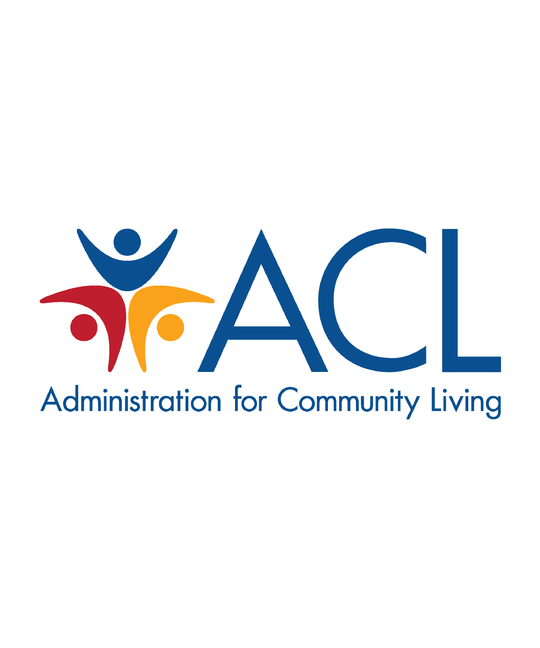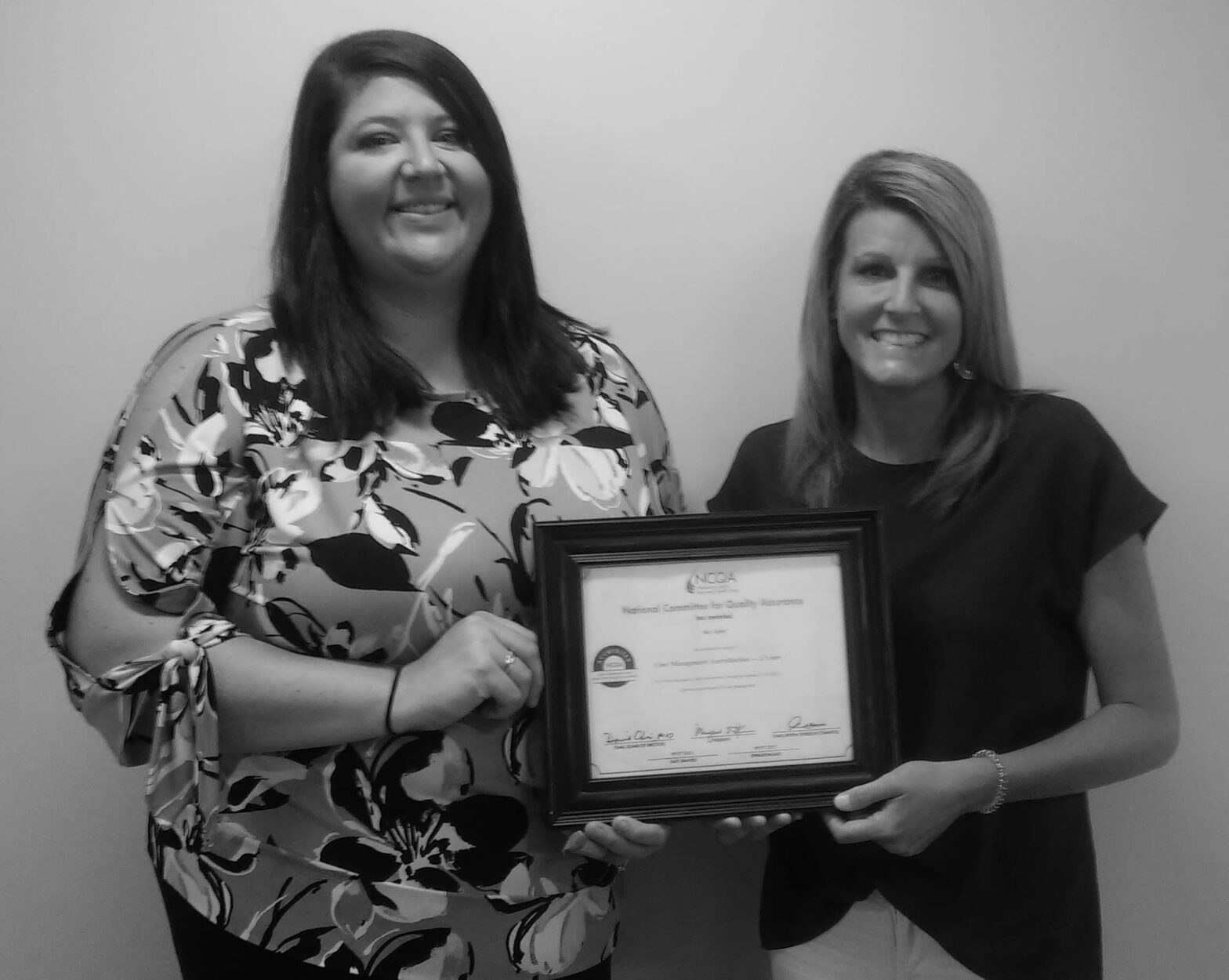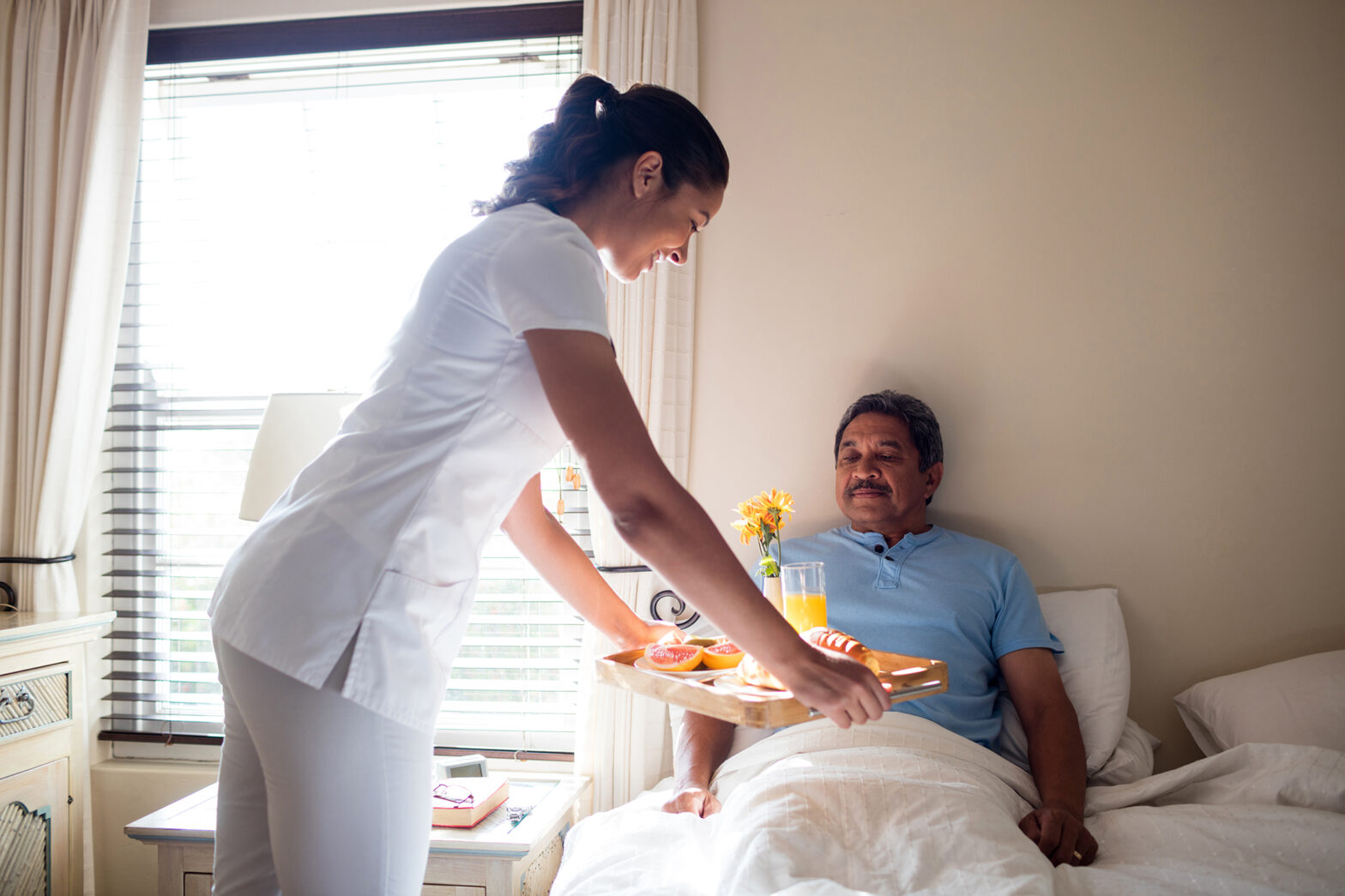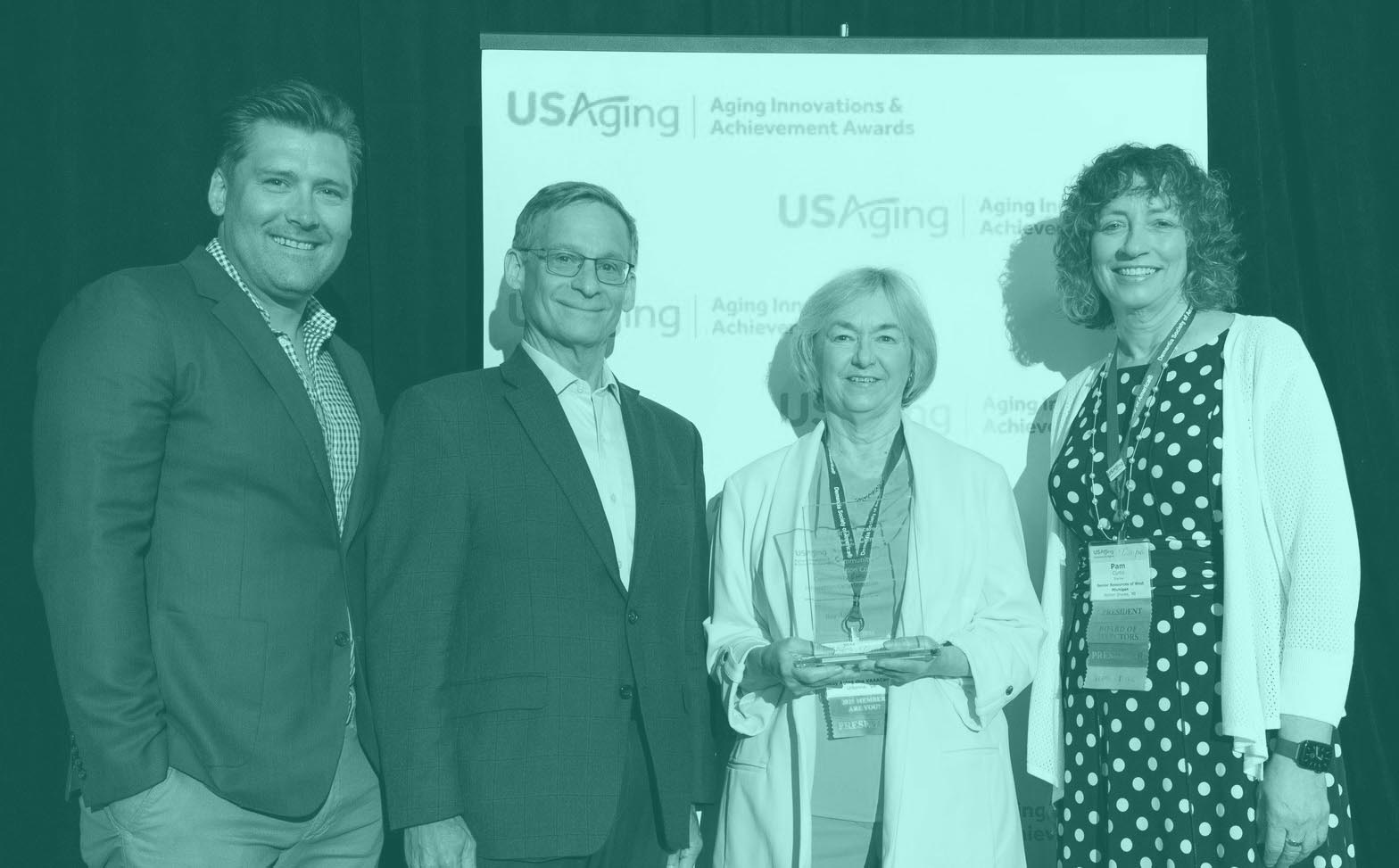To be a caregiver means to provide care and support for a loved one. It can consist of a wide variety of responsibilities and tasks. Recent data shows there are approximately 41 million family or unpaid caregivers in the United states, providing around 34 billion hours of daily personal and/or medical care. A caregiver will often help another person with bathing, dressing, or grocery shopping, along with many other activities of daily living to help them live at home longer.
If you, the reader, are a caregiver or know someone who is a caregiver, please know there are resources available to provide support, such as individual counseling, support groups, training, and respite care. Caregivers should always ask their doctor for guidance. There are also many online resources such as The National Resource Center on Nutrition & Aging’s “Caregiver Nutrition Education Toolkit, the Family Caregiver Alliance’s Feeding and Nutrition tips for people living with dementia, and the Alzheimer’s Association.
Meal preparation is a large part of caregiving, so it is important for caregivers to provide nutritional and appropriate diets for the person receiving care which also helps you, the caregiver, learn how to maintain your own health and well-being. According to the Dietary Guidelines for Americans (2015-2020), nutrition basics include –
1. Following a healthy eating pattern throughout one’s lifespan.
2. Focusing on variety, nutrient density, and the amount.
3. Limiting the calories from adding sugars, saturated fats, and reduce sodium intake.
4. Shifting to healthier food and beverage choices.
5. Supporting healthy eating patterns for all.
There are a few general tips for older adults to keep in mind when thinking of nutrition and wellness.
1. Certain nutrients are essential to maintaining good health in older adults, including protein, fiber, vitamin B-12, vitamin B-6, calcium and vitamin D.
2. Water is essential. Water is lost everyday through different means such as sweating and even our breath. A body’s water supply must be replenished regularly to function properly. Not having enough water can lead to dehydration, and that will result in not being able to carry out normal bodily functions.
3. Maintaining an ideal body weight is important. There should be a balance of calories consumed and energy used. Any unintentional weight gain or loss could be an indicator of inappropriate food intake. Muscle loss can lead to functional decline and loss of independence.
4. Include plenty of fiber in a diet. Fiber-rich foods help to keep the body’s digestive system healthy. It can also reduce the risk of heart disease, Type 2 diabetes and some cancers.
5. Watch the fats in a diet. Reducing saturated fats and trans fats can help reduce any risk of heart disease.
6. Be careful with salt and increase potassium-rich foods. The body needs some sodium but only in moderation. Reducing sodium, as well as increasing potassium, will help lower the risk of high blood pressure.
7. Keep your bones healthy by eating foods rich in calcium and vitamin D and help prevent falls.
8. Remember to consume foods rich in Vitamin B-12. As people age, some are unable to absorb vitamin B-12 that is present in food and as a result, do not get enough. If necessary, check with a doctor or registered dietitian nutritionist to see if a vitamin B-12 supplement is needed.
9. Vitamin B-6 may help with preventing memory decline. Similarly, to vitamin B-12, the ability to absorb and use vitamin B-6 can also decline with age. A diet rich in vitamin B-6 should be included daily.
10. Exercise! A lot of research shows that it is never too late to rebuild muscle. Weight-bearing exercise will help build and strengthen muscles.
Providing meals for someone with dementia can often be challenging. An appetite for food or liquids may be nonexistent. When there is no interest in eating, trying to nag or coax can be frustrating for both the recipient and the caregiver. Some ways to help increase the intake of nutritious foods:
– Food preparation – eliminate any empty calorie foods like sugary desserts. Increase the nutrition quality of food items by adding protein powder and pureed vegetables. Limit salt and cute foods into smaller pieces if they might be difficult to chew.
– Meal Setting – Dine in a quiet room with zero distractions of a television, noise and excessive conversation. Select table settings that are simple and plain in colors. Provide utensils that are designed for dementia patients and keep the dining experience comfortable and casual.
– Meal Service – start with nutritious foods and smaller portions. Be sure to understand that tastes, smells, textures, and temperature can affect a recipient’s acceptance of food. Allow time for them to eat and keep track of foods that seem acceptable.
Oral health and medications also have an impact on one’s health. Any missing, lose or rotten teeth or dentures that do not fit well can make it difficult to chew and eat. Dental issues can lead someone to eat less food or certain kinds. Textures of food can be modified to soft, chopped, ground or pureed to help. People who have trouble swallowing or experiencing pain or choking while eating may have what’s called dysphagia. This may make it harder to consume enough calories and fluids to nourish the body, leading to many medical problems. It is important to work with your doctor to help identify foods and liquids that will be acceptable for the person whom you are providing care.
Remember, nutrition and wellness are important to maintain for care recipients and caregivers and should not be ignored. It is important to know that you are not alone. If maintaining proper nutrition is an issue for you and/or the person for whom you are providing care, first contact your doctor and ask for assistance.
For any questions or concerns about resources within the Middle Peninsula/Northern Neck regions, visit https://bayaging.org/ or call 800.493.0238. To learn more about Home Care services provided by Bay Aging, please visit https://bayaging.org/healthy-community-living/ or call 800-493-0238 for a free consultation.
*Information in this article was pulled from The National Resource Center on Nutrition & Aging: Caregiver Nutrition Education Toolkit.
